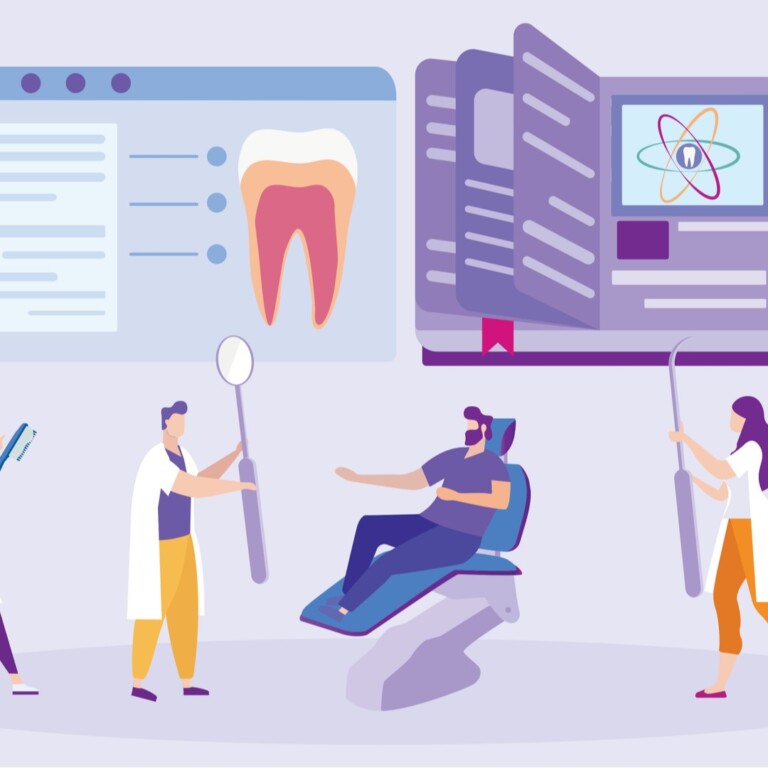Approximately 6.5 million people in the United States have been diagnosed with an intellectual and developmental disability (ID/DD). Until recently, dentists have not been properly equipped to treat ID/DD patients. With a push from the National Council on Disability (NCD), all dental schools in the United States, as of 2020, will now train students to manage the treatment of people with intellectual, developmental disabilities.
In a NCD brief Neglected for Too Long: Dental Care for Patients with Intellectual and Developmental Disabilities, in 2017, findings noted:
- People with intellectual and developmental disability have been more likely to not have had their teeth cleaned in the past five years, or never to have had their teeth cleaned, than those who are not disabled.
- Due to the lack of proper skills among dentists, dental care is often more difficult to find than any other type of service for people with intellectual and developmental disability.
As a result of NCD recommendations to the Commission on Dental Accreditation, schools were slated in 2020 to begin revamping their curriculum and training programs to be more inclusive to patients with these disabilities. In the past, patients with ID/DD were at a large disadvantage when receiving dental care simply because doctors were not trained to treat them.
Based on related votes passed recently by the Commission on Dental Accreditation (CODA), changes for predoctoral dental, dental hygiene, and dental assistant programs were required to take effect by July 1, 2020, with changes to orthodontics programs required by Jan. 1.
“The NCD applauds this decision that we view as necessary for people with ID/DD to obtain critical access to dental treatment, which is critical to the total health of all people.”
National Council on Disability Chairman Neil Romano.
Read more about this historical milestone in dental treatment here: https://ncd.gov/newsroom/2019/dental-schools-IDDD


